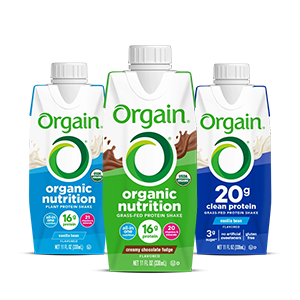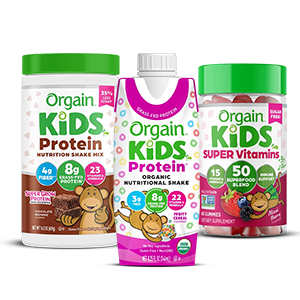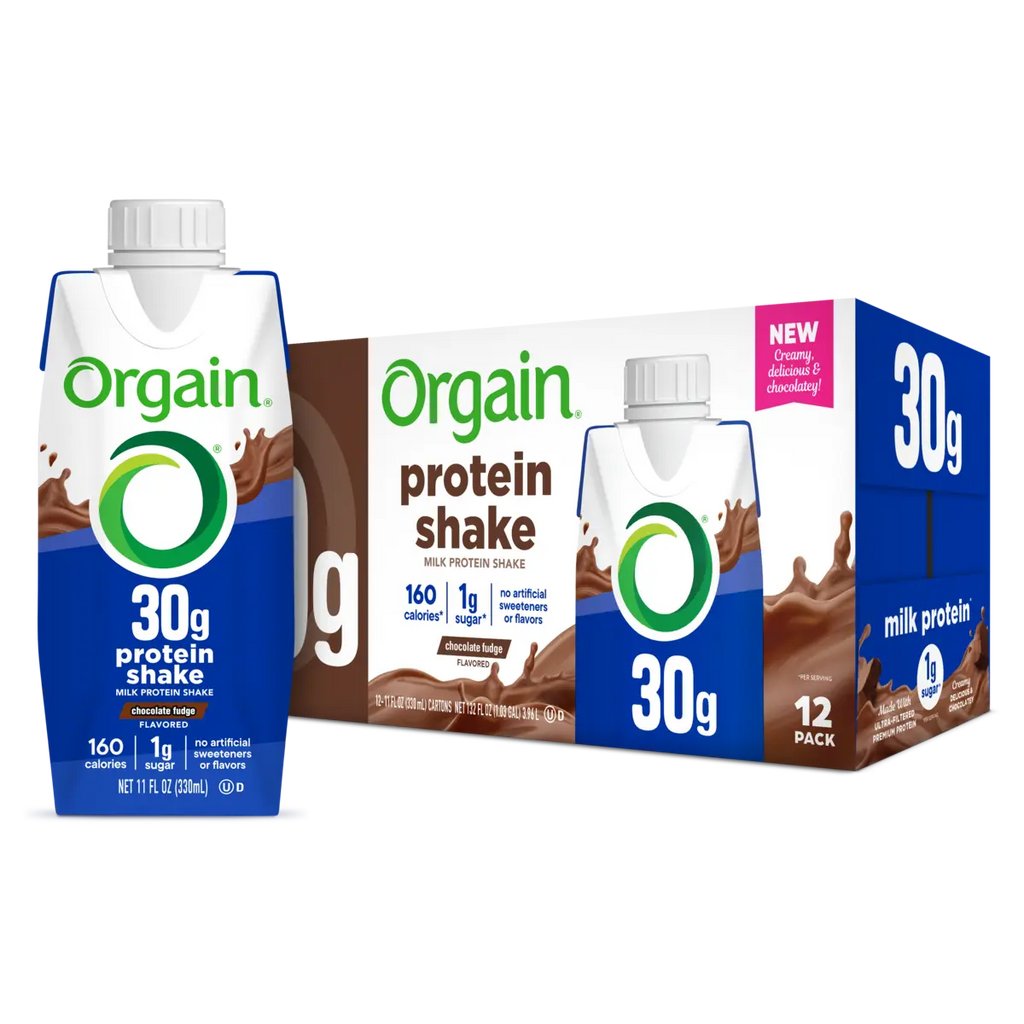There’s something about a new year that feels alive with possibility. While it’s always a good time to make a change in your life and build new habits, something about starting the new year on a clean slate is comforting and motivating to some people.
If you’re one of the people who has spent the past few years making unrealistic goals and becoming frustrated when your new year resolutions fail, you’re not alone. There are many small changes you can make that will change your life in big ways over the course of a year or a lifetime.
Here’s a list of 22 resolutions you can achieve this year.
22 Resolutions You Can Achieve
New year’s resolutions don’t have to be big and lofty in order to be impactful. In fact, you’re more likely to achieve them if they are realistic. Here are 16 resolutions that you can achieve in 2022.
10 Easy Health and Wellness Resolutions
It’s no surprise that health and wellness resolutions are at the top of the list for many people each year. Health and wellness resolutions you can achieve to improve mental health or physical health include:
- Losing 10 pounds over the next 6 months
- Working out for 30 minutes 3 times per week
- Talking a daily walk during your lunch break
- Preparing one meatless meal per week
- Drinking a protein shake after your gym workouts to boost recovery
- Trying one new recipe per week to build a new skill
- Working to quit a bad habit, like smoking
- Focusing on getting enough sleep— around 8 hours of sleep is best
- Starting a gratitude journal
- Drinking less alcohol
5 Attainable Financial Resolutions
Financial resolutions are also extremely popular New Year’s resolution ideas, with many people setting goals to save more money or pay down debt.
Some of the most popular financial resolutions include:
- Save X percent of your income by having it drawn directly from your paycheck and placed in a separate savings account
- Increase retirement savings by contributing an additional 1 percent to your 401(k)
- Save X number of dollars per week towards a trip you want to take this year
- Cut down on takeout spending by bringing your lunch to work one additional time each week
- Lower credit card debt by contributing an extra X dollars above the minimum payment
7 Personal Resolutions Worth a Try
Personal resolutions can be among the most satisfying and fulfilling to achieve. Examples of personal resolutions include:
- Travel to one new state or country in the upcoming year
- Download a language app and spend 10 minutes per day learning a new language
- Read 1 book per month every month this year
- Visit 5 state parks with your friends or family this summer
- Take a course at your local community college in a subject that interests you
- Try out a new hobby
- Start a new bedtime routine with self-care
How To Set Attainable Goals
Hopefully, this list has inspired you to make some new year’s resolutions of your own this year. If you didn’t see one on this list that seems right for you, don’t worry - we’ll teach you how to set attainable goals using the SMART system, an acronym that stands for Specific, Measurable, Achievable, Relevant, and Time-Bound.
Specific
The first step in creating a new year’s resolution or setting any goal for a better tomorrow is to choose something specific. When making a personal goal, try to make it as clear and specific as possible, which will help keep you motivated to take small steps.
There are a few questions you can ask yourself when trying to develop a specific goal, including:
- What am I trying to accomplish?
- What resources will I need to achieve my goal?
- Do I need help from anyone to achieve my goal? Who?
- Where is it?
For example, it would be easy to set a goal like “I’d like to travel more in the new year.” However, this goal isn’t specific enough to be motivating. Instead, provide more information about your goal, perhaps adding a destination or a specific period of time, such as “I’d like to travel to Thailand by November.”
Measurable
Good new year’s resolutions are measurable. Making measurable goals helps to keep you motivated by allowing you to monitor your progress towards the goal of self-improvement.
Questions to ask when developing a measurable goal include:
- By when do I want to accomplish the goal?
- How much?
- How many?
For example, resolving to lose weight or exercise more are among the most common new year’s resolutions, but these goals are too broad. Instead, try resolving to lose 20 pounds by October or work out three times per week. These goals are easily measurable, allowing you to track your progress over the course of the calendar year.
Achievable
It’s also important that your new year’s resolution be achievable. While it’s great to dream big, you’re more likely to fulfill achievable goals with fewer obstacles. Making a series of small achievable goals will gradually help you reach the big dreams over time.
Questions to ask yourself when trying to set an achievable goal include:
- What constraints outside my control could prevent me from achieving this goal?
- How realistic is this goal?
For example, maybe you want to get involved in politics but have no previous experience. Rather than starting by running for an office on a national stage, such as a Senate seat, which would require a lot of money and name recognition, perhaps set a goal to get involved on a local level and run for an office in your city or county. Over time, you’ll gain the experience you need to make the bigger goals and rewards achievable, too.
Relevant
Choosing a relevant new year’s resolution is all about choosing a goal that is meaningful to you. A meaningful or relevant goal is much more likely to inspire you than something that wouldn’t directly change your life in a positive way.
When thinking about how to set a relevant new year’s resolution, ask yourself the following questions:
- Would this goal improve my life or lifestyle in a meaningful way?
- Is this goal a good use of my time?
- How does this align with other priorities and promises in my life?
For example, say you want to set a resolution to take a college course at your local community college in the new year. Choosing a course you’re excited about will enhance your chances of actually signing up for the course and successfully completing it, whether it would directly benefit you by helping advance your career or it’s simply a topic you have passions in.
Time-Bound
A time-bound goal is one that has a definitive end date. Having a deadline to work towards helps motivate you to take action today in order to get yourself where you’d like to be in the future.
When setting a time-bound goal, ask yourself questions like:
- By when do I want to accomplish this goal?
- What would I need to do next week to accomplish this goal? Next month? Next year?
- How can I take a step towards achieving this goal today?
For example, if your goal is to lose weight, give yourself a specific timeline in which to do so, like losing 10 pounds before your next goal.
Summary
Whether you choose to work towards one of the many achievable new year’s resolutions above or set your own using the SMART system, remember to make your new year’s resolution achievable by setting Specific, Measurable, Achievable, Relevant, and Time-Bound goals.
Looking for more guidance on how to reach those health and nutrition goals? The Orgain blog is full of more helpful articles to point you in the right direction!
Disclaimer: This is for informational purposes only and is not intended as individual or specific medical advice, nor is it intended to replace advice by your qualified healthcare provider. We strongly encourage consulting with a qualified healthcare provider about your interest in, questions about, or use of dietary supplements and what may be best for your overall health.
Sources:
SMART Goals: A How to Guide | University of California
Research: The Best Strategy for Paying Off Credit Card Debt | Harvard Business Review































